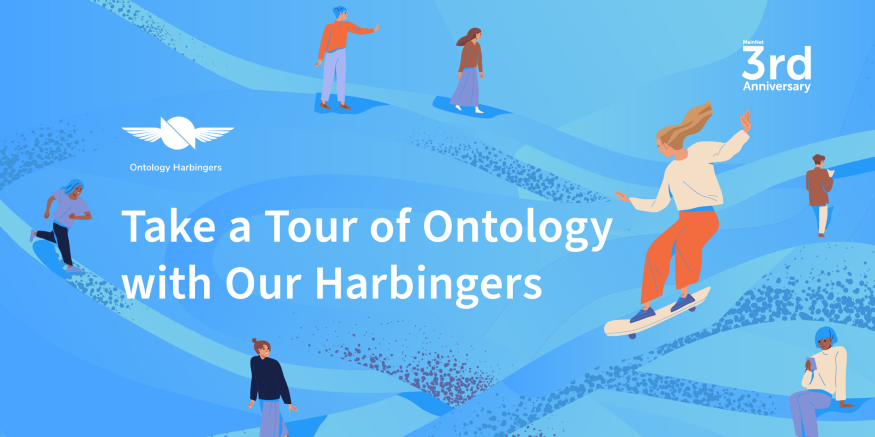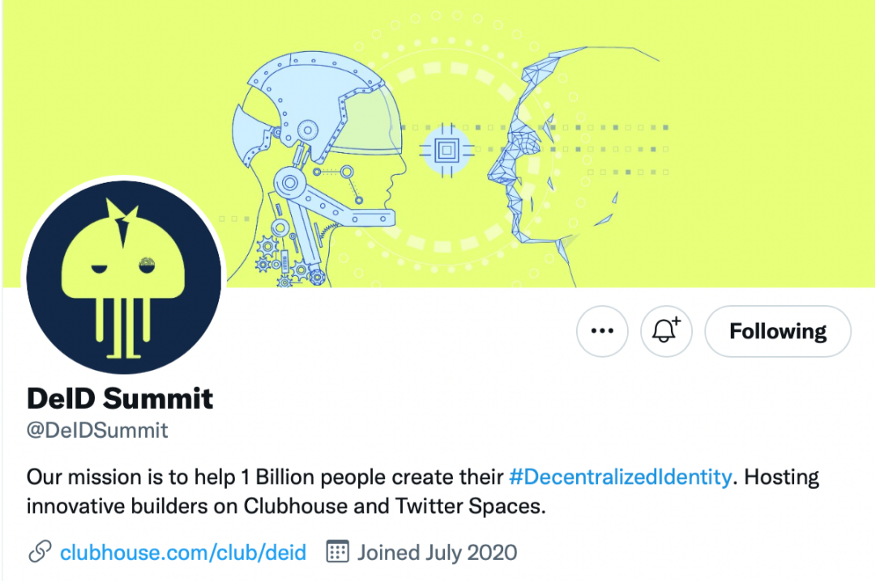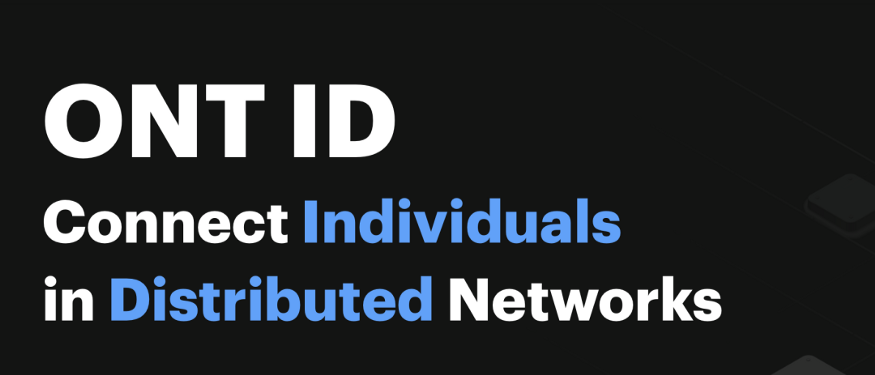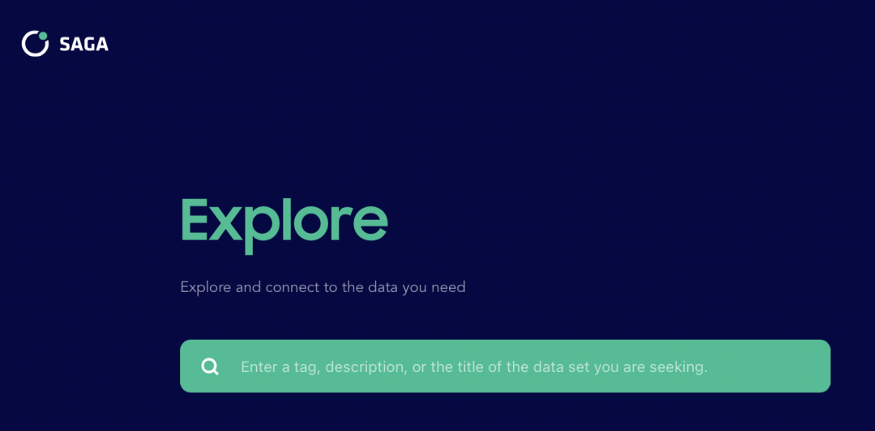Thus far, we have published two articles (Part 1 & Part 2) outlining Web 3.0 and Ontology’s contribution to the evolving Web 3.0 landscape. In this article, we discuss Web 3.0 in relation to the “Shared Global Community” and “Mutual Trust Product Application”.
Shared Global Community
Web 3.0 will give users increased sovereignty, especially with regards to data and identity management. Ontology believes that the Web 3.0 ecosystem is driven by a decentralized future, with individuals able to build, contribute and own their preferred products and services. Ontology’s users can already fully control their data and decide who can access the data. They can also participate in developing decentralized infrastructure community activities and governance votes that impact the direction of the project.

Over the past few years, Ontology has managed to build a global community spanning more than 30 languages in dozens of countries across several continents. In order to help further expand the Ontology community, we launched the Ontology Harbinger Program. We also launched the Harbinger Interview Series which gave some of Harbingers a chance to share their history with Ontology.
Finally, we continue to host regular Community Calls and DeID Summit events every week to discuss community governance and product development.

Ontology values every member of our global community. The beauty of Web 3.0 is that it is not controlled by large centralized platforms. Rather, the decentralized Web 3.0 allows every individual to contribute whilst maintaining their autonomy.
Mutual Trust Product Application
A core issue with the current Web 2.0 landscape is that it is governed primarily by a few large tech companies that continuously accumulate, store, and monetize user data. Centralized storage of private data is vulnerable to attack. There have been many reported cases of data breaches among some of the largest corporations in the world.
In “Why decentralization is essential for protecting user data and privacy”, Li Jun, Founder of Ontology, detailed how decentralized solutions help address these vulnerabilities. Ontology’s mission is to return control of data and digital identities to the user. In this way, only the user can decide who can access his or her data. This promotes privacy and autonomy, which are severely lacking in the current Web 2.0 era.
Identity

Ontology’s solution to the Web 2.0 identity problem is ONT ID and OScore. ONT ID is Ontology’s decentralized identity framework that enables users to control their data and decide whether a third-party can access a particular piece of information about them. It protects user privacy and ensures data security, enabling trusted collaboration. OScore is Ontology’s decentralized credit score. By participating in the decentralized ecosystem, OScore users can develop a decentralized reputation and reap rewards based on their activity.
Data
SAGA is Ontology’s decentralized data market. SAGA provides enterprises and individual users with a credible, standardized and cost-effective data transaction platform. In the SAGA ecosystem, users (individuals or companies) use ONT ID to verify data and associate the data stream with its owner. This ensures the data owner’s rights are protected.

Digital Assets
Ontology uses pure technical means to provide trust guarantees between unfamiliar users, combines the decentralized credit system with traditional finance, creates a credit-based cross-chain decentralized asset management platform, and realizes Web 3.0 peer-to-peer transactions and disintermediation.
In addition to being supported on the Ontology platform, the above products can also be adopted by traditional industries and centralized internet platforms. Ontology hopes to promote the transition to Web 3.0 through the widespread adoption of decentralized products.
Summary
Although there are different opinions on the definition of Web 3.0, Ontology is primarily concerned with overcoming the problems inherent to Web 2.0. By taking advantage of blockchain technology, Ontology, among other decentralized technologies, can awaken the internet’s true potential with Web 3.0.
